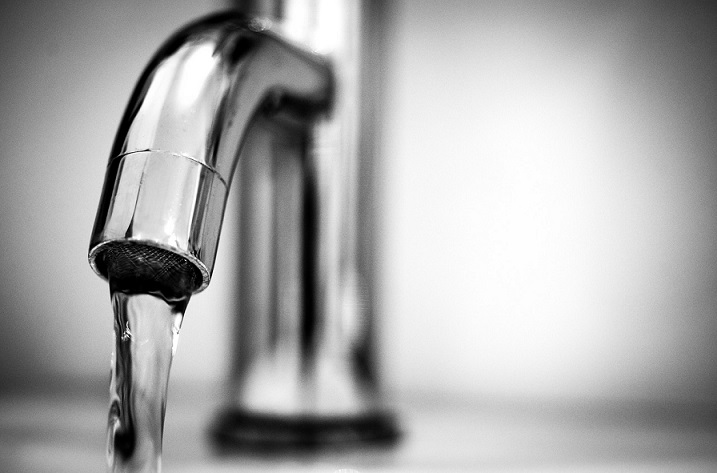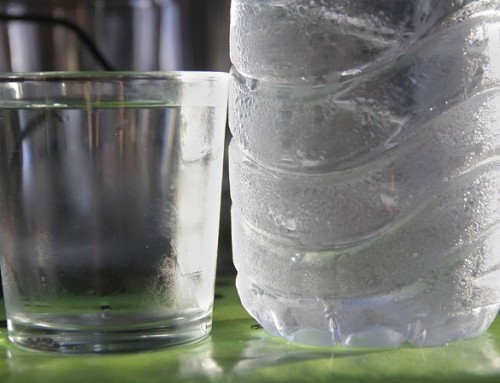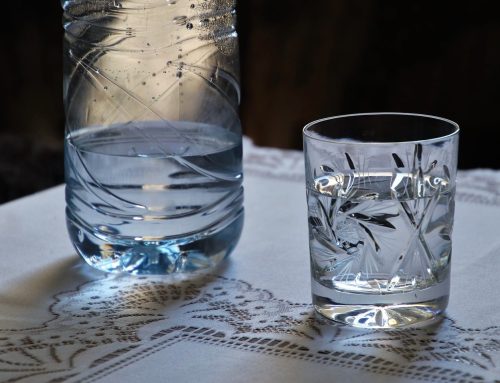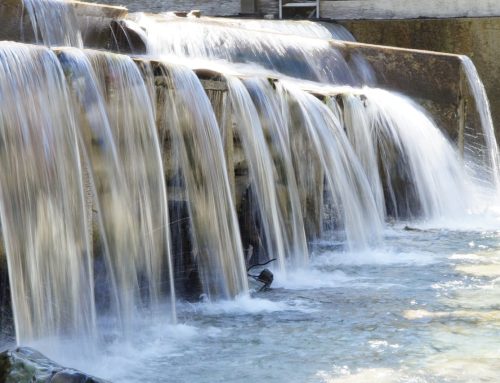Because milk spoils, butter can become rancid, meat spoils, and the majority of other fresh items can as well, it is not an overly unusual thought to consider the possibility that water can also spoil. The obvious response is “yes,” and the operative word here is “can.”
A growing number of people are opting to live off the grid, and it is anticipated that there will be a shortage of water in the future decades. As a result, an increasing number of people are considering the possibility of conserving water for use in times of crisis, including storms and blackouts. In more rural locations, where most people get their water from private wells, having access to power to drive the pump is very crucial.
There are actually two different ways that water can get contaminated:
It is not a good idea to store water in an open container, as may be proven by filling a bucket with tap water and leaving it out on the veranda for many days. The water will likely become contaminated. After about a week, you will see that the bucket contains a variety of different living forms in addition to the water, including mosquito larvae, algae, and other types of microorganisms. Because of this, it is not a good idea to store water in an open container unless you have a plan to purify the water before consuming it. However, storing water in a closed container is not going to improve the quality of the water if the container that you use is polluted in some manner by bacteria or algae.
If you want to keep water, you will need to use a clean container that is exclusively filled with pure water, and you will also need to process the water in some way to get rid of any bacteria that might be present in the water. This can be accomplished by applying heat, pouring in some disinfectant or a chemical such as chlorine or iodine, and allowing it to sit for a few days. Another option is to use iodine.
Another manner in which water might get contaminated is if something poisonous seeps into it from the container it was stored in. Do not, for example, use a container made of lead because the metal’s toxicity could seep into the water and poison it. In order to prevent issues with leaching, it is important to utilise a water container that is constructed from a food-grade material. Examples of such materials are glass, stainless steel, and particular types of food-grade plastics.
There are options to rent water coolers and buy water coolers in London. Living-Water Ltd. can supply you with a water cooler.






